Wether you are reading this as a future or current FU-BESTer – in your preparations for your stay abroad, you have probably thought about culture shock in one way or another. This being said, have you also heard of reverse culture shock? Similar to culture shock, it is the feeling of not belonging – only this time, once you return home. Whilst you have gained new knowledge and new experiences abroad, your home has remained the same, which can lead to you feeling bored, helpless, secluded, lonely, etc. We have searched the internet for some useful information and tips on how to prevent or combat reverse culture shock. We have also asked previous FU-BESTers on how they handle reverse culture shock, so that we can share some first hand experience with you.
When we asked former FU-BESTers for their experience with reverse culture shock, what we noticed is that many tips revolve around activities that encourage you to dive back into the culture you fell in love with. For instance, watching movies in German, seizing every opportunity to speak German, eating all the foods you enjoyed whilst staying abroad and so on and so forth. Based on these voices, we have put together the following compilation of online articles that we consider most useful:
The Abroad Guide: How to deal with reverse culture shock after studying abroad
College Tourist: 7 Ways to Cope with Re-Entry Shock
Intentional Expat: 5 Tips from an Expat Therapist for Coping with Reverse Culture Shock
GoOverseas: Dealing with Post Study Abroad Depression
We also recommend Episode 51 of “The Thoughtful Travelpodcast”. Listen to host Amanda Kendle talk about her own experience and share her thoughts with her three guests Cait Flanders, who was hit by reverse culture shock after taking a two months road trip, Mike Campell, who considers his reverse culture shock experience to be life changing and Matt Treglia, who, after life abroad, has found it difficult to readjust to his life back home. Also available on Spotify.
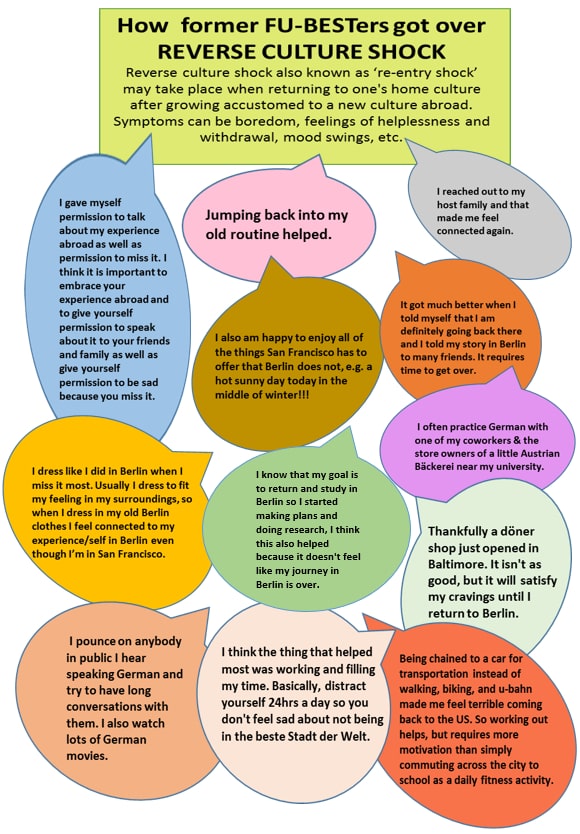
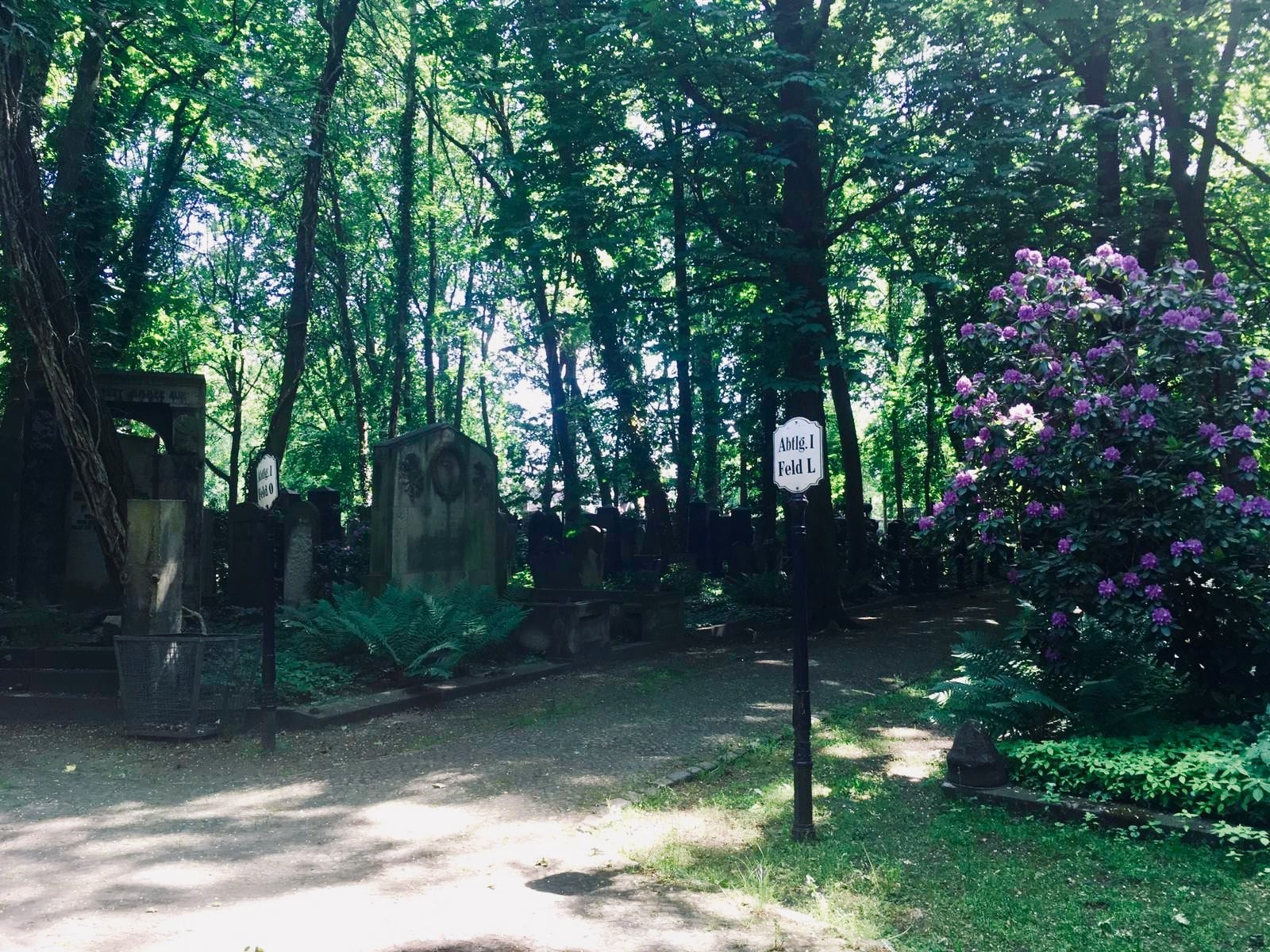
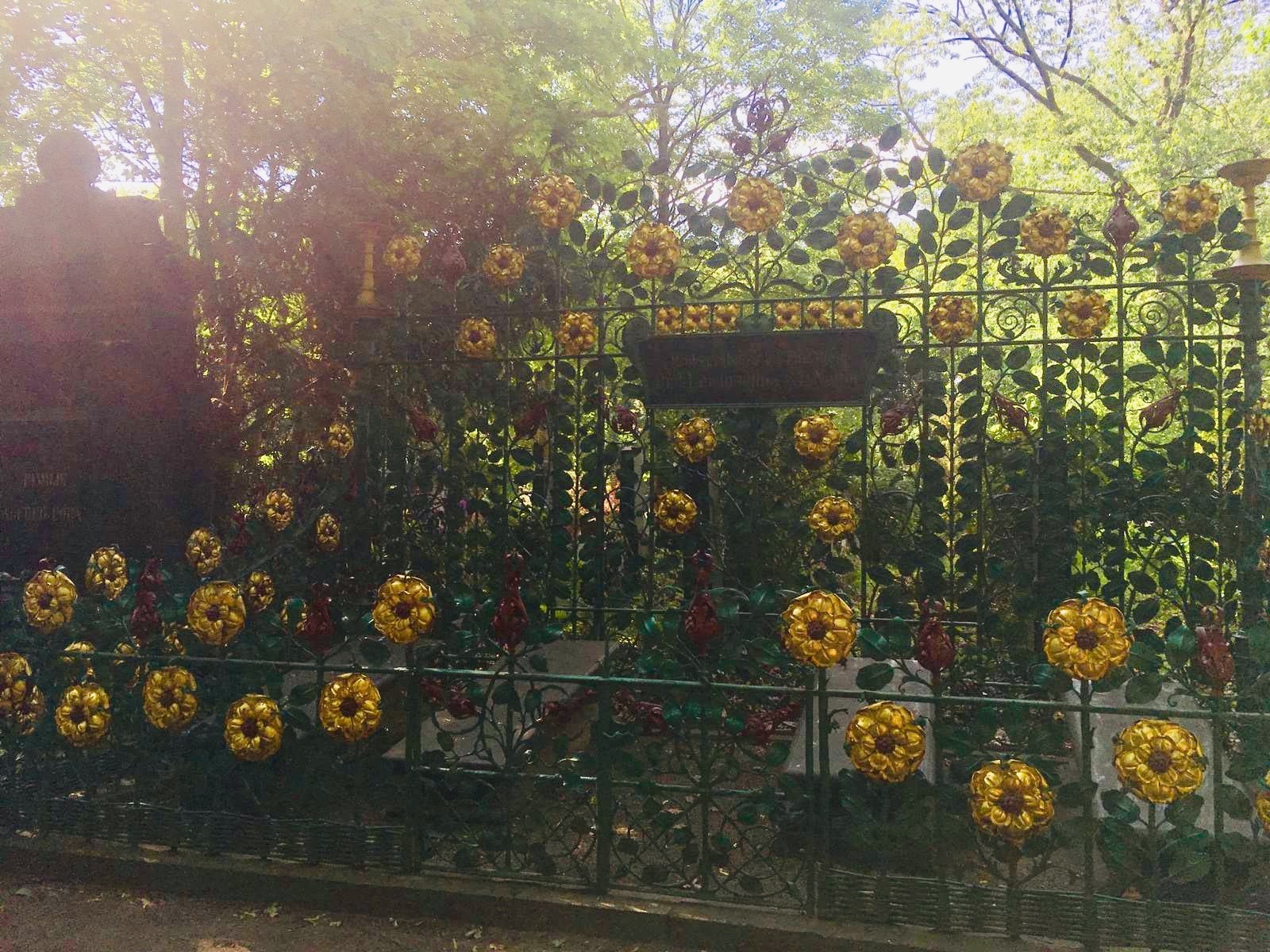


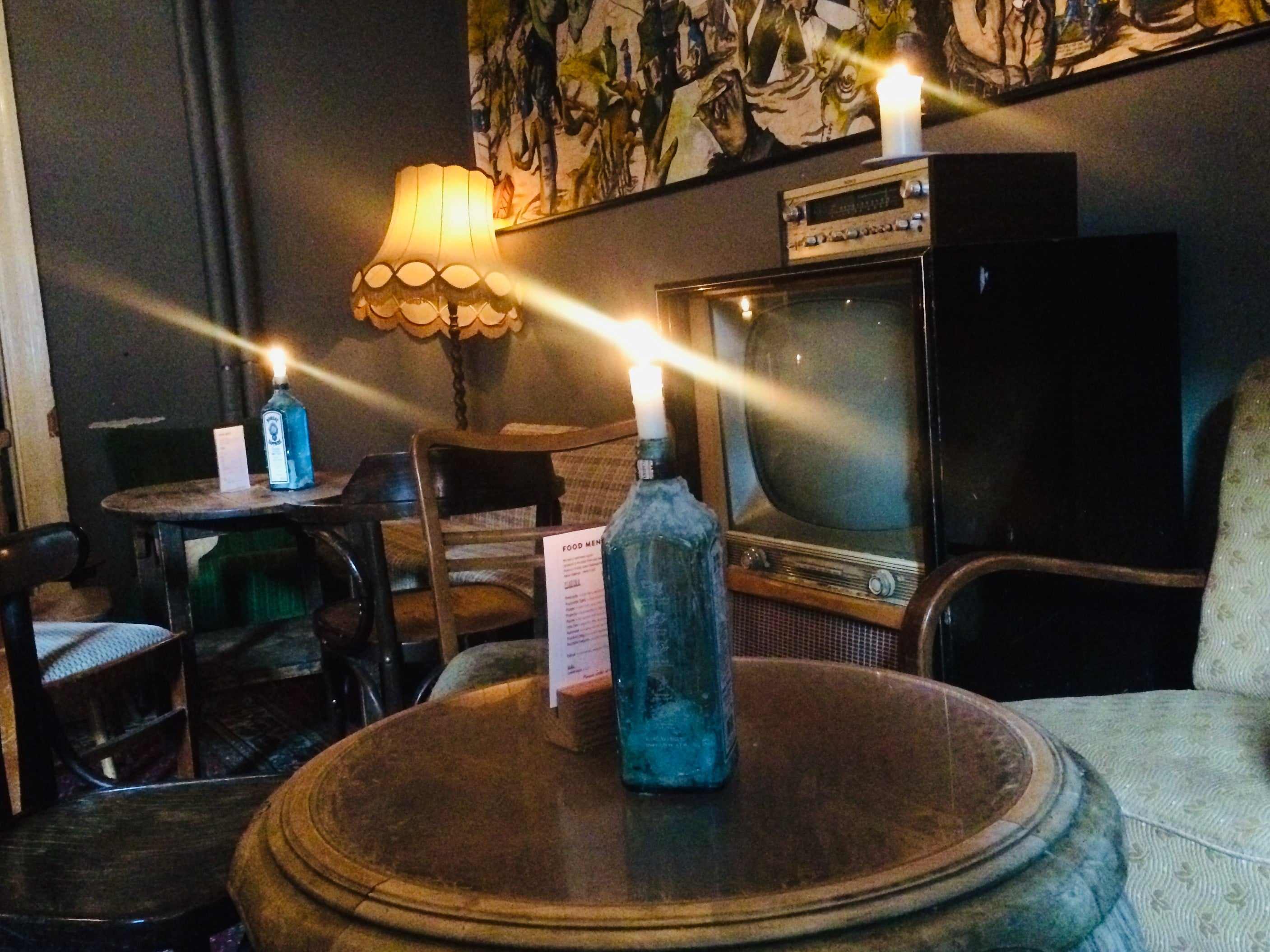
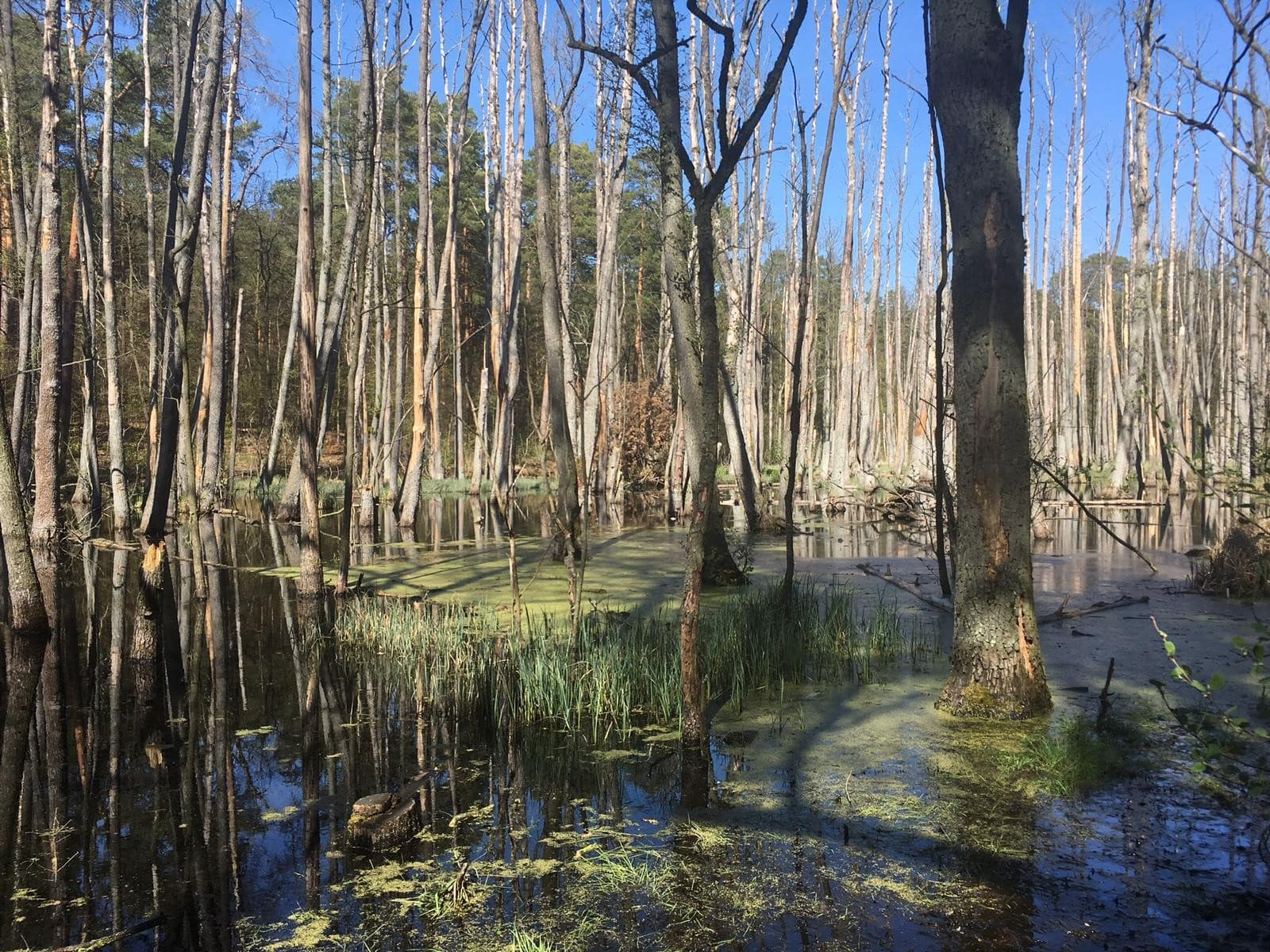
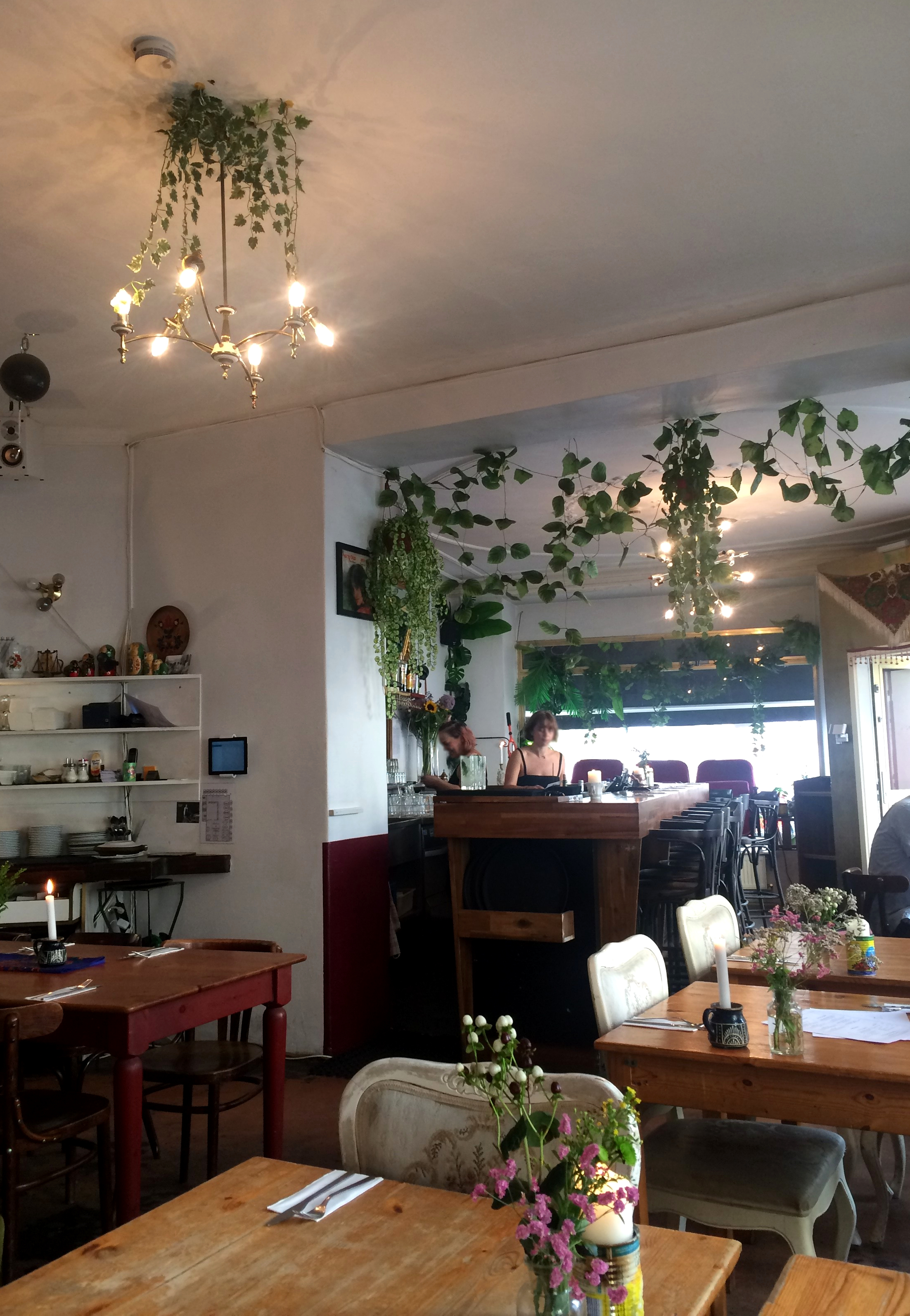 There are, obviously, tons of places in Berlin where you can get yourself some real‘ good Humus (bad as well, I might add, but to find those places we leave up to you). This being said, at
There are, obviously, tons of places in Berlin where you can get yourself some real‘ good Humus (bad as well, I might add, but to find those places we leave up to you). This being said, at 